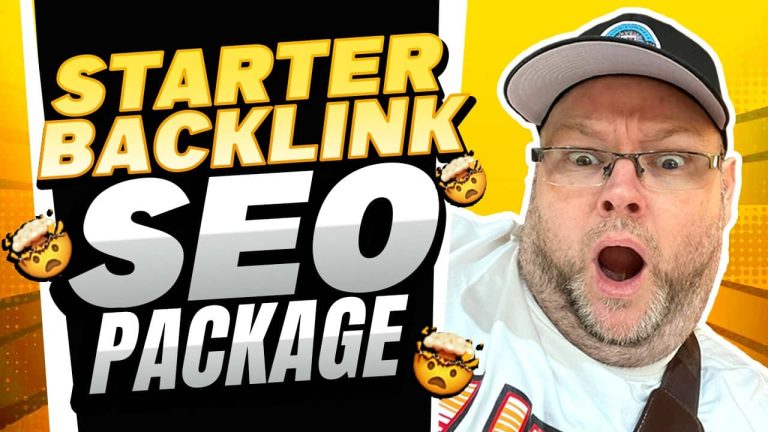
In the competitive landscape of digital marketing, White Label SEO services have emerged as a crucial strategy for agencies looking to expand their offerings without increasing overhead. These services allow agencies to provide SEO expertise under their own brand, leveraging the skills of specialized providers. To effectively manage and optimize White Label SEO campaigns, agencies rely on a suite of essential tools that streamline processes, enhance performance, and deliver measurable results. Here are the key tools every agency should consider integrating into their workflow:
SEO Reporting and Analytics Tools
To track the success and impact of SEO efforts, robust reporting and analytics tools are essential. Platforms like Google Analytics, SEMrush, or Moz provide comprehensive insights into website traffic, keyword performance, backlink analysis, and more. These tools enable agencies to measure campaign effectiveness, identify areas for improvement, and demonstrate ROI to clients.
Google Analytics
A cornerstone tool for tracking website traffic, user engagement, and conversion metrics. Agencies can analyze visitor behavior, traffic sources, and goal completions to measure the effectiveness of SEO campaigns.
SEMrush
Beyond keyword research, SEMrush offers robust analytics capabilities. It provides insights into organic search traffic, competitor performance, and backlink analysis. Agencies can monitor keyword rankings, analyze traffic trends, and generate custom reports for clients.
Moz Pro
Known for its comprehensive SEO tools, Moz Pro offers insights into keyword rankings, site audits, and backlink analysis. It provides actionable recommendations to improve site performance and track progress over time.
Ahrefs
This tool excels in backlink analysis and competitive intelligence. It helps agencies monitor backlink profiles, analyze competitor strategies, and identify link-building opportunities. Ahrefs also offers keyword research and rank tracking features.
Google Search Console
Essential for monitoring website performance directly from Google’s perspective. Agencies can track indexing status, search queries driving traffic, and identify technical issues affecting SEO performance. It also provides insights into mobile usability and structured data errors.
Keyword Research Tools
Effective keyword research forms the foundation of any SEO strategy. Tools such as Ahrefs, Google Keyword Planner, and SEMrush help agencies identify relevant keywords with high search volumes and low competition. This data informs content creation, optimization strategies, and enhances overall search engine visibility.
Content Management Systems (CMS)
A reliable CMS is crucial for efficiently managing and optimizing content across client websites. Popular choices like WordPress, Drupal, or HubSpot CMS offer SEO-friendly features such as customizable URLs, meta tag optimization, and easy integration with SEO plugins like Yoast or Rank Math. These CMS platforms simplify content updates, improve site structure, and enhance user experience, all contributing to better SEO outcomes.
SEO-Friendly Structure
CMS platforms such as WordPress, Drupal, and HubSpot CMS are designed with SEO best practices in mind. They offer customizable URL structures, meta tag optimization capabilities, and the ability to easily integrate with popular SEO plugins like Yoast SEO or Rank Math. These features empower agencies to optimize content for target keywords, enhance on-page SEO elements, and achieve higher rankings on search engine results pages (SERPs).
Ease of Content Management
CMS platforms simplify content management tasks by providing intuitive interfaces for creating, editing, and organizing content. Content updates can be made swiftly across multiple pages, ensuring websites remain current and relevant to both users and search engines. This agility is crucial for implementing SEO strategies such as timely content updates, seasonal promotions, or responding to algorithm changes.
Responsive Design and Mobile Optimization
With the increasing importance of mobile-friendliness in SEO, modern CMS platforms emphasize responsive design principles. They enable websites to adapt seamlessly to various screen sizes and devices, improving user experience and reducing bounce rates. Mobile-optimized websites are favored by search engines like Google, leading to higher rankings and increased organic traffic.
Scalability and Customization
CMS platforms cater to agencies of all sizes by offering scalability and customization options. Whether managing a single client website or multiple projects simultaneously, CMS systems provide flexibility to scale operations efficiently. Agencies can customize website themes, add functionality through plugins or extensions, and tailor SEO strategies to meet the unique needs of each client or industry niche.
Integration with Third-Party Tools
Integration capabilities are another hallmark of CMS platforms, allowing seamless connectivity with third-party tools and services essential for SEO. From analytics platforms like Google Analytics or Adobe Analytics to email marketing tools and CRM systems, CMS integrations enhance data-driven decision-making and facilitate comprehensive campaign management under one roof.
Link Building Tools
Building quality backlinks remains a cornerstone of SEO success. Tools like Majestic, Ahrefs, or BuzzStream facilitate the identification of authoritative sites for outreach and help monitor link acquisition progress. These tools streamline the link-building process, ensuring agencies secure valuable backlinks that enhance domain authority and improve search engine rankings.
Project Management and Collaboration Tools
Efficient project management and collaboration are essential for coordinating White Label SEO campaigns across teams and clients. Tools such as Asana, Trello, or Monday.com enable task assignment, deadline tracking, and transparent communication. These platforms facilitate seamless collaboration between internal teams, clients, and external SEO partners, ensuring projects stay on track and goals are achieved.
Technical SEO Tools
Technical SEO tools are critical for optimizing website performance and ensuring compliance with search engine guidelines. Tools like Screaming Frog, Google Search Console, or DeepCrawl conduct comprehensive site audits, identify crawl errors, and offer actionable insights for improving site speed, mobile-friendliness, and overall technical health. These tools help agencies resolve issues promptly, enhance site usability, and maintain strong search engine rankings.
Conclusion
leveraging the right tools is pivotal for success in managing white label SEO campaigns. By integrating robust analytics platforms, comprehensive keyword research tools, and efficient project management software, agencies can streamline operations and deliver exceptional results for clients. These tools not only enhance productivity but also ensure transparency and accountability throughout the campaign lifecycle.
For more insights on optimizing your SEO strategy, partner with Rank Fortress. Based in the USA, our team specializes in driving organic growth through tailored white label solutions. Contact us today at (904)770-5783 to discover how we can elevate your digital presence and achieve your business goals.

